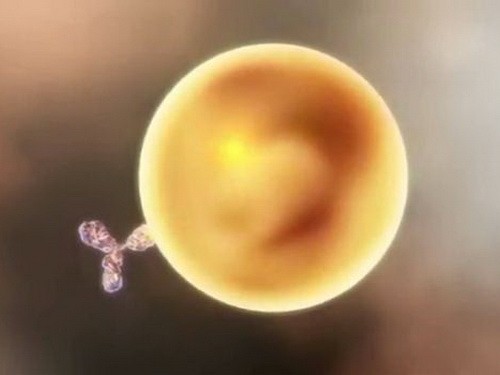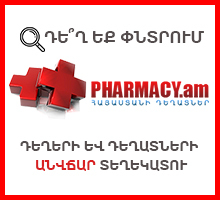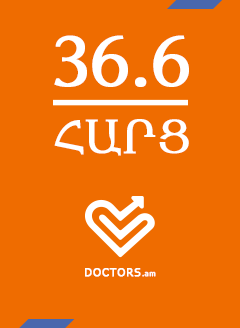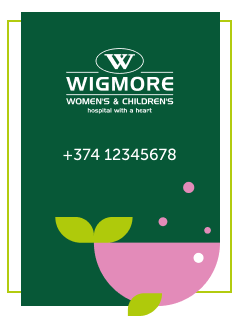Two universities this week announced that researchers in the schools have made advances in fighting cancer by using nanotechnology.
A Cornell University research team paired nanoparticles with infrared heat to kill colorectal cancer cells, while MIT scientists are tackling breast cancer by using nanoparticles to carry chemotherapy drugs along with a genetic messenger to weaken the cancer's resistance to the medicine.
The MIT researchers said the new attack method enabled the shrinking of breast tumors in mice. The team believes the method can be used to treat other kinds of cancers as well.
"It gives you, overall, a much more effective system at a lower dose [of chemotherapy] because you're able to target these cells and ensure that each and every one of them receives the proper synergistic dosing of the two components," said Paula Hammond, an MIT professor of engineering and leader of the research team.
Hammond and her team used nanoparticles to take on an aggressive form of breast cancer, which after being shrunk by chemotherapy often regrows and becomes resistant to the medication that originally shrank it.
To overcome the resistance, researchers used nanoparticles to carry the well-known cancer drug doxorubicin, as well as short strands of RNA, which is a nucleic acid that carries genetic messages. The RNA turn off one of the genes the cancer cells use to resist the drug.
MIT said the "one-two punch" disables tumors' defenses and makes them much more vulnerable to chemotherapy.
Meanwhile, the Cornell research team bases its research on the fact that heat has been shown to kill cancer cells. Heating up the entire body, though, damages both cancer and healthy cells.
To direct the heat at the cancerous tumors, researchers direct gold nanoparticles inside the tumor and then the particles amplify any heat directed at them. By using a near-infrared laser, the nanoparticle can be heated to about 120 degrees Fahrenheit, which is hot enough to kill many cancerous cells.
The project has shown a threefold increase in killing cancer cells and a "substantial," though not complete, tumor reduction within 30 days, according to Dickson K. Kirui, a postdoctoral fellow at Houston Methodist Research Institute.
"It also reduces the dosage of highly toxic chemicals and radiation, leading to a better quality of life," added Kirui.
Scientists have been increasingly using nanotechnology to fight cancer.
Late in 2012, MIT announced that researchers there are using nanotechnology to detect cancer sooner, increasing their odds of beating the disease.

















